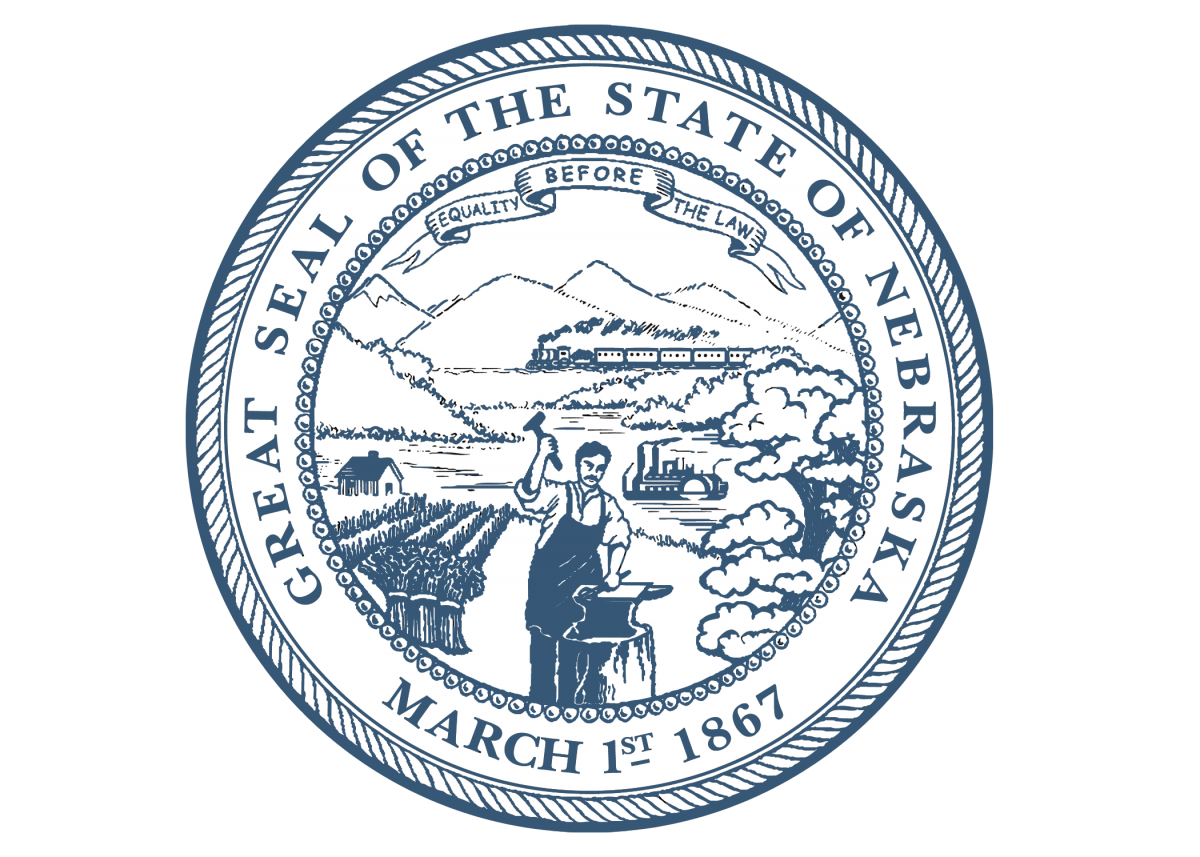LINCOLN, NE – Attorney General Doug Peterson joined the Federal Trade Commission (FTC) and 46 agencies from 38 states and the District of Columbia in halting a large telefunding operation from deceiving millions of consumers nationwide. Associated Community Services (ACS), Central Processing Services, Community Services Appeal; Directele Inc., the Dale Corporation, and their respective owners have agreed to a settlement. These defendants placed more than 1.3 billion deceptive fundraising calls – mostly illegal robocalls – claiming to support charities. The defendants collected more than $110 million using deceptive solicitation tactics.
The participating agencies have alleged that defendants took advantage of generous Americans and tricked them into donating to organizations that consumers thought were supporting homeless veterans, victims of house fires, breast cancer patients, children with autism, and other causes. However, in actuality, according to the complaint, defendants knew that the organizations they were fundraising for spent little to no money on charitable causes. Furthermore, defendants kept as much as 90 cents of every dollar they solicited from generous donors on behalf of charities. It is also alleged that in many instances, defendants knowingly violated the Telemarketing Sales Rule (TSR) by using soundboard technology in telemarketing calls. With that technology, an operator plays pre-recorded messages to consumers instead of speaking with them naturally. Using pre-recorded messages in calls to first-time donors violates the TSR.
Under the terms of the settlement:
- The ACS defendants are prohibited from conducting or consulting on any fundraising activities and from conducting telemarketing of any kind to sell goods or services.
- The Directele and Dale Corporation defendants are prohibited from any fundraising work or consulting on behalf of any charitable organization or any nonprofit organization that claims to work on behalf of causes similar to those outlined in the complaint; from using robocalls for any form of telemarketing; and will be required to clearly and conspicuously disclose when a donation is not tax-deductible.
In addition, the settlement includes a monetary provision. The funds, approximately $495,000, which will be surrendered by the defendants, will be paid to an escrow fund held by the State of Florida and, following a motion by the participating states and approval by the court, will be donated to one or more legitimate charities that support causes similar to those for which the defendants solicited.
The complaint and stipulations were filed in the U.S. District Court for the Eastern District of Michigan.
The FTC has more information for consumers about charitable giving, including tips on how to spot sham charities at https://ftc.gov/charity. In addition, consumers are encouraged to let the FTC know if they suspect charity fraud, robocalls, and other consumer issues at https://reportfraud.ftc.gov.
To obtain information about how to protect yourself as a consumer, file a consumer complaint, or report a scam, please visit the Nebraska Attorney General’s Office, Consumer Protection Division website at www.protectthegoodlife.nebraska.gov or call (800) 727-6432.
LINCOLN, NE – Attorney General Doug Peterson joined the Federal Trade Commission (FTC) and 46 agencies from 38 states and the District of Columbia in halting a large telefunding operation from deceiving millions of consumers nationwide. Associated Community Services (ACS), Central Processing Services, Community Services Appeal; Directele Inc., the Dale Corporation, and their respective owners have agreed to a settlement. These defendants placed more than 1.3 billion deceptive fundraising calls – mostly illegal robocalls – claiming to support charities. The defendants collected more than $110 million using deceptive solicitation tactics.
The participating agencies have alleged that defendants took advantage of generous Americans and tricked them into donating to organizations that consumers thought were supporting homeless veterans, victims of house fires, breast cancer patients, children with autism, and other causes. However, in actuality, according to the complaint, defendants knew that the organizations they were fundraising for spent little to no money on charitable causes. Furthermore, defendants kept as much as 90 cents of every dollar they solicited from generous donors on behalf of charities. It is also alleged that in many instances, defendants knowingly violated the Telemarketing Sales Rule (TSR) by using soundboard technology in telemarketing calls. With that technology, an operator plays pre-recorded messages to consumers instead of speaking with them naturally. Using pre-recorded messages in calls to first-time donors violates the TSR.
Under the terms of the settlement:
- The ACS defendants are prohibited from conducting or consulting on any fundraising activities and from conducting telemarketing of any kind to sell goods or services.
- The Directele and Dale Corporation defendants are prohibited from any fundraising work or consulting on behalf of any charitable organization or any nonprofit organization that claims to work on behalf of causes similar to those outlined in the complaint; from using robocalls for any form of telemarketing; and will be required to clearly and conspicuously disclose when a donation is not tax-deductible.
In addition, the settlement includes a monetary provision. The funds, approximately $495,000, which will be surrendered by the defendants, will be paid to an escrow fund held by the State of Florida and, following a motion by the participating states and approval by the court, will be donated to one or more legitimate charities that support causes similar to those for which the defendants solicited.
The complaint and stipulations were filed in the U.S. District Court for the Eastern District of Michigan.
The FTC has more information for consumers about charitable giving, including tips on how to spot sham charities at https://ftc.gov/charity. In addition, consumers are encouraged to let the FTC know if they suspect charity fraud, robocalls, and other consumer issues at https://reportfraud.ftc.gov.
To obtain information about how to protect yourself as a consumer, file a consumer complaint, or report a scam, please visit the Nebraska Attorney General’s Office, Consumer Protection Division website at www.protectthegoodlife.nebraska.gov or call (800) 727-6432.

